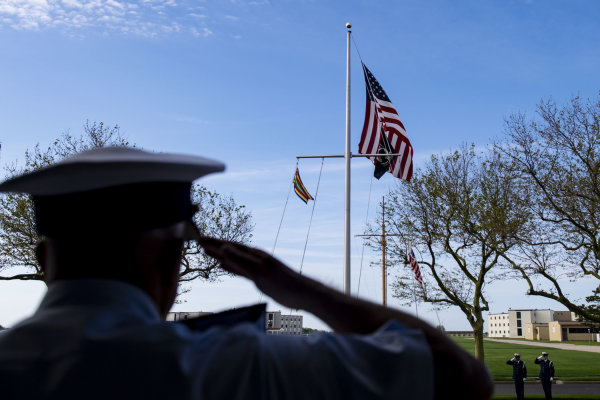

On the Saturday of Memorial Day weekend, the U.S. Army tweeted a video of Pfc. Nathan Spencer with the 1st Infantry Division, who said the Army has given him the opportunity to “give to others, to protect the ones I love, and to better myself as a man and a warrior.”
Then the Army tweeted a simple, open-ended question: “How has serving impacted you?”
The responses took on a life of their own.
More than 11,000 stories poured in — many of PTSD, anxiety, depression, sexual assault and harassment, loss, and more.
“I spend sleepless nights wracked with guilt because none of the horror and suffering I’ve seen even matters,” one tweet reads.
“Sexual harassment every day. Experiencing sexual assault. … A fear that never leaves me,” reads another.
“My Grandfather was a Marine who served in Vietnam as a foot soldier. What he saw broke him.”
“Even on my bad days I remain proud of my service — but I worry a lot about how casually we seem to commit to war, and how easily we ignore the effects.”
Reports released this year by the military don’t show a much more optimistic picture. In 2018, active duty Army suicides reached a five-year high; suicide among active-duty Marines reached an almost 10-year high; active-duty Navy suicides hit a record high. Sexual assault in the military also reached a four-year high in 2018.
One Twitter user replied that the Army’s tweet was “a giant fail.” No, it may not have gone as planned, but it did exactly what it needed to do — it prompted a brutally honest conversation about our shortfalls in taking care of veterans and active-duty service members.
“To everyone who responded to this thread, thank you for sharing your story,” the Army said in response on Saturday afternoon. “Your stories are real, they matter, and they may help others in similar situations. … As we honor those who paid the ultimate sacrifice this weekend by remembering their service, we are also mindful of the fact that we have to take care of those who came back home with scars we can’t see.”
If you’re thinking about suicide, are worried about a friend or loved one, or would like emotional support, the Lifeline network is available 24/7 across the United States. Call the National Suicide Prevention Lifeline at 800-273-TALK (800-273-8255) to reach a trained counselor. Use that same number and press “1” to reach the Veterans Crisis Line.
